5 Winter Olympics Host Cities You May Never Have Heard Of
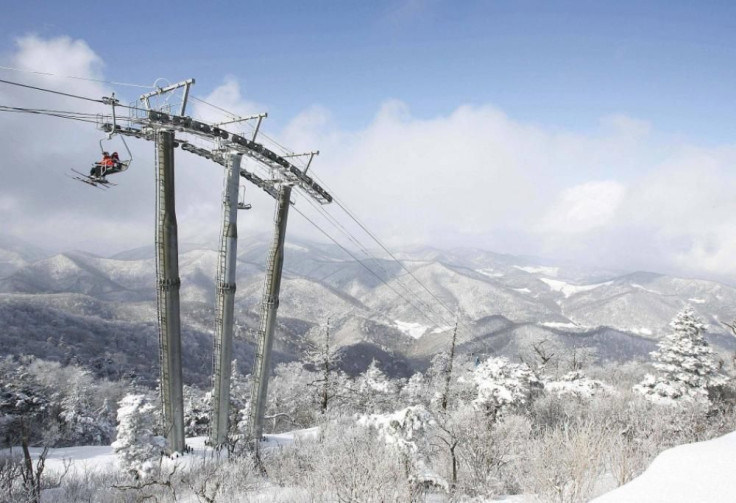
Never heard of Sochi until a few months ago? Don’t worry; you’re not alone. While the Summer Olympics are typically staged in familiar settings like London or Rio de Janeiro, the Winter Olympics travel around the globe every four years to some of planet Earth’s lesser-known frontier towns. Here’s a quick look at five host cities (four previous and one future) whose precise location on the world map could easily get your brain as twisted as an aerial ski jumper.
Squaw Valley, USA
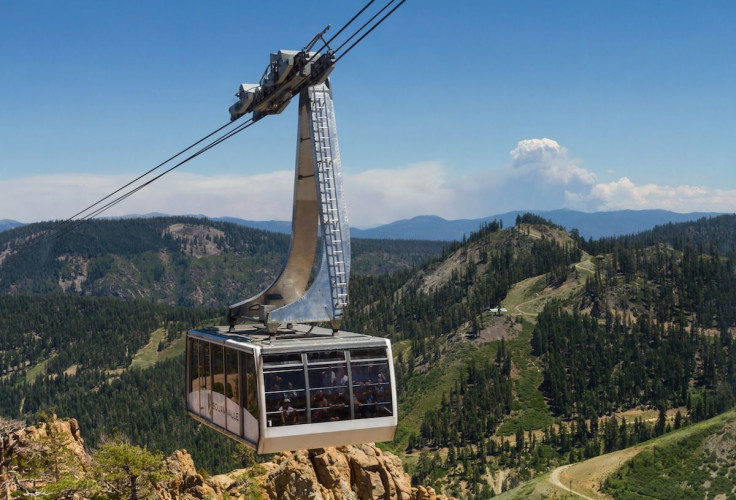
It’s been 50 years since Squaw Valley’s Olympic flame went dark, but the California outpost still boasts at least one record: It’s the tiniest town in the world to have hosted the Olympic Games. Yet to call it a town is, perhaps, a bit of a misnomer. This quaint mountain resort, which sits in the appropriately named Olympic Valley, was virtually custom-built for the 1960 Winter Olympics at a cost of roughly $80 million. Several decades later, it’s the second-largest ski area at Lake Tahoe and one of the largest in the U.S. with 33 chairlifts and the only funitel lift in the country. It also has enough nature trails through the nearby Sierra Nevada to keep visitors busy long after the powder disappears.
Innsbruck, Austria
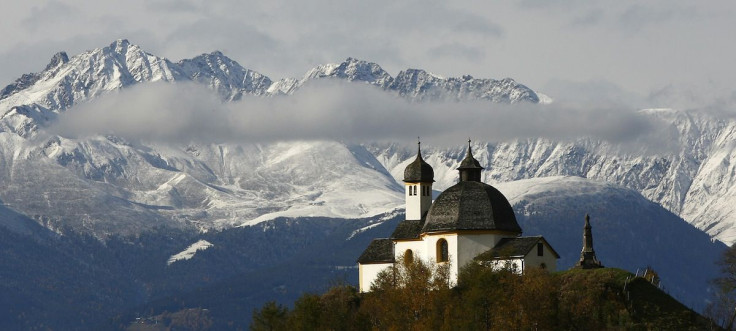
Twice Olympic host -- first in 1964 and again in 1976 -- idyllic Innsbruck pairs medieval charm and high adventure to offer the elusive best-of-both-worlds experience that’s oft written about but little seen in practice. Sprawling beneath the natural skyscrapers of the Nordkette Mountains, this instant charmer is Austria's only major urban center with the Alps on its doorstep and a rare retreat where high culture is as important as high ski jumps and an evening at the brewpub.
Grenoble, France
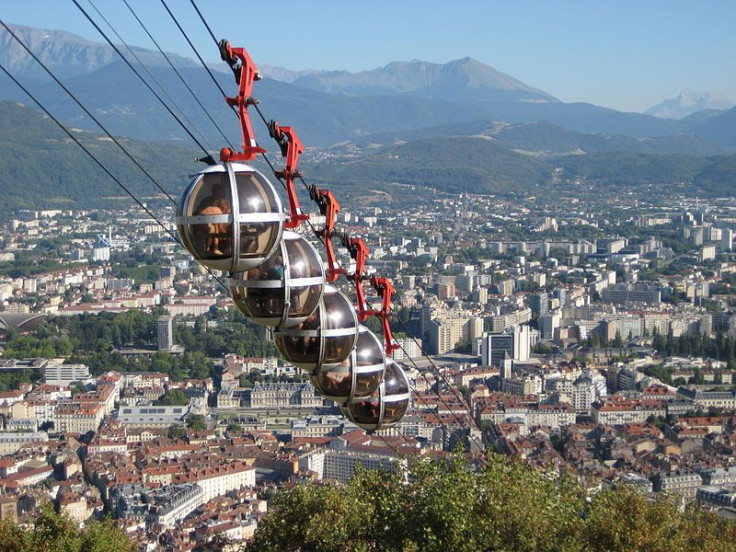
Grenoble, scene of the 1968 Winter Olympics, is one of a plethora of cities dueling for the right to be called "Capital of the Alps." Its center is a maze of modern and medieval structures packed like sardines in a red tin can. Though there are plenty of opportunities to stay active in the hills visible off in the distance, many prefer instead to hunker down at the city's restaurants and cafes to admire the grandeur of the mountain setting: There’s the Chartreuse to the north, the Belledonne to the east and the Vercors to the south and west. No vista is left amorphous.
Cortina d'Ampezzo, Italy
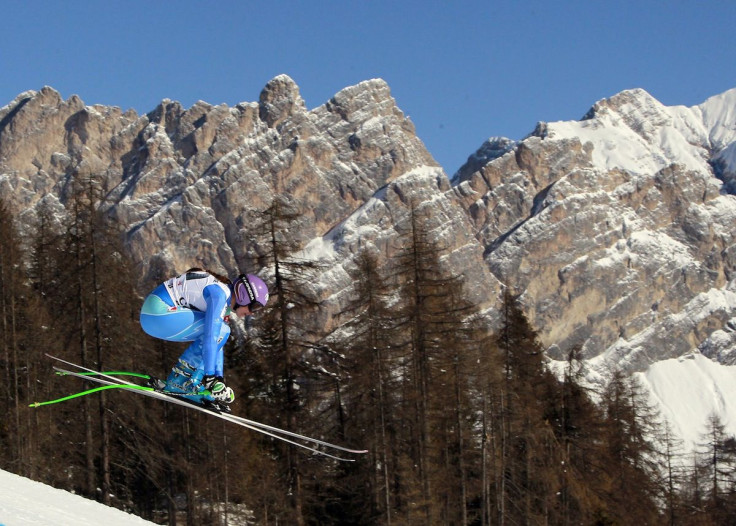
The "Pearl of the Dolomites," Cortina D'Ampezzo is as upmarket a mountain town as you'll find anywhere on the planet. It was the 1956 Winter Olympics that first exposed the city to the world, and by the 1960s, you'd see the likes of Sophia Loren, Clark Gable and Brigitte Bardot rubbing shoulders down the Corso Italia. Though it's aged slightly since then, the resort town still packs a fur-clad, ski-averse crowd to its designer boutiques and posh art galleries. But most true-blue sports enthusiasts allot plenty of time to both gape at and get on top of the bewitching mountains beyond.
Pyeongchang, South Korea
If you’re South Korean, you already know that the Taebaek Mountain province of Pyeongchang is a heart-pumping sports Mecca by winter, a natural gallery of wildflowers by spring, a place of pilgrimage by summer and a cornucopia of colors each autumn. The international market has yet to catch on to the undisturbed beauty of this four seasons resort but that will change soon enough when South Korea hosts its first ever Winter Olympics in 2018.
© Copyright IBTimes 2024. All rights reserved.





















